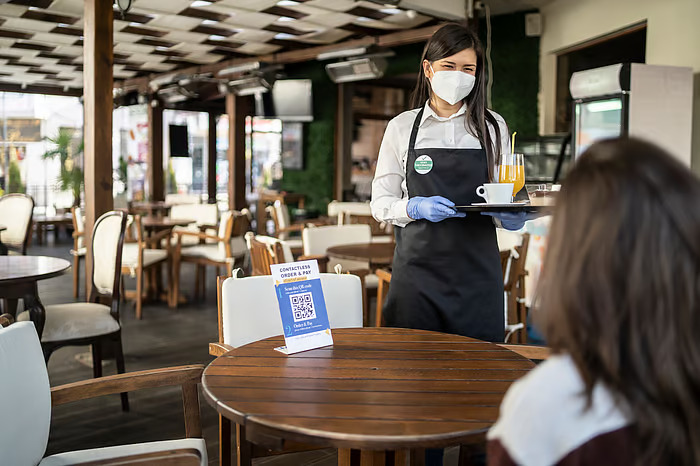The Delhi High Court ruled on Friday that service charges on food bills are voluntary and cannot be made mandatory by restaurants or hotels, stating that enforcing them is an unfair trade practice.
Justice Prathiba M Singh delivered the verdict while dismissing petitions from restaurant associations challenging the Central Consumer Protection Authority’s (CCPA) guidelines, which prohibit hotels and restaurants from mandating service charges.
The Delhi High Court also imposed a ₹1 lakh penalty on the restaurant associations that challenged the CCPA guidelines.
Upholding the CCPA guidelines, the court noted that the Authority is not just an advisory body but has the power to issue guidelines to prevent unfair trade practices and protect consumer interests.
The CCPA issued guidelines in 2022 stating that restaurants cannot automatically add a service charge to food bills or disguise it under any other name. It also prohibited hotels and restaurants from forcing consumers to pay a service charge, emphasizing that it must be voluntary, optional, and entirely at the consumer’s discretion.
The authority also stated that restaurants cannot restrict entry or deny service based on service charge payments. Additionally, service charges cannot be added to food bills and subjected to GST on the total amount, as reported by *Bar and Bench*.
The High Court dismissed objections to these guidelines, ruling that the CCPA has the authority under the Consumer Protection Act, 2019, to issue such guidelines, and compliance with them is mandatory.
The bench also noted that mandating service charges misleads consumers into thinking they are paying service tax or GST.
The restaurant associations, however, argued that the guidelines were arbitrary and unjustified. They also contended that the directions should not be considered equivalent to a government order.
👉 Click here to read the latest Gujarat news on TheLiveAhmedabad.com




